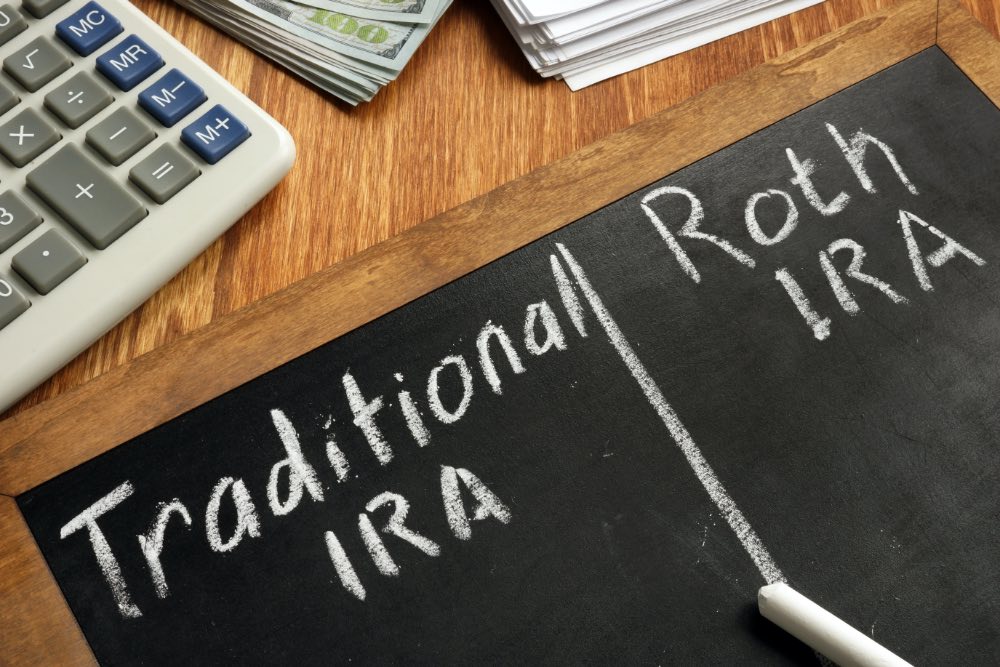
Roth IRAs offer many benefits, including federal income tax-free withdrawals, provided you follow the rules. You can convert a traditional IRA to a more flexible Roth IRA, but it will trigger a significant taxable event.
TAXES
Because contributions to a traditional IRA are tax deductible and earnings are tax deferred, you’ll have to pay income taxes on all the funds you transfer in the year you execute the conversion. In a perfect world, you would pay taxes out of pocket, leaving more in your Roth IRA to continue to grow—income tax-free.
SOME DIFFERENCES
Traditional IRAs have required minimum distributions (RMDs) — and paying income taxes on those RMDs — every year after you reach age 72, (age 70½ if you attained age 70½ before 2020).* You have to take RMDs and pay the taxes even if you don’t need the money.
Roth IRAs have no RMD requirement. In general, you can withdraw earnings without penalties or federal taxes as long as you’re 59½ or older and you’ve owned the account for at least five years. (Some exceptions apply.)
WHO SHOULD CONSIDER CONVERTING TO A ROTH IRA?
A Roth IRA may be right for you if:
- You believe your tax rates will be higher in the future;
- Your income may be lower than usual this year;
- Your IRA account value is lower this year, due to the pandemic;
- You don’t need the money to live on for at least five years;
- You want to leave the money to your heirs;
- You are concerned about estate taxes.
WHO SHOULD NOT CONVERT?
A Roth conversion may not be the best strategy if:
- You will need the money within five years;
- You’re in a higher tax bracket now than you expect to be in retirement.
Consult your tax and financial professionals before taking action.
*The CARES Act suspended RMDs for 2020.

